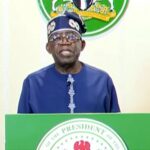On October 1, 1960, Nigeria gained independence from the British empire. It was a historic occasion marked by celebrations and jubilation across the country.
From the struggle for freedom to the joyous festivities that ensued, Nigeria’s Independence Day has left an indelible mark on the nation’s collective memory.
As Nigeria clocks 63 years of becoming a sovereign state today, Daily Trust highlights six unforgettable moments from the nation’s Independence Day.
Queen’s Speech
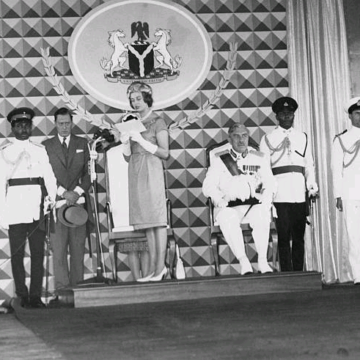
On September 28, 1960, Princess Alexandra of Kent read Queen Elizabeth II’s speech on her arrival in Lagos to represent the Queen at the country’s independence celebrations.
In the speech, the Queen congratulated Nigerians on their newfound freedom and expressed her confidence in the country’s future. She also said that Nigeria would always have a special place in her heart.
The speech was warmly received by the crowd, and marked a significant moment in Nigeria’s history.
The lowering of the Union Jack and raising of the Nigerian flag
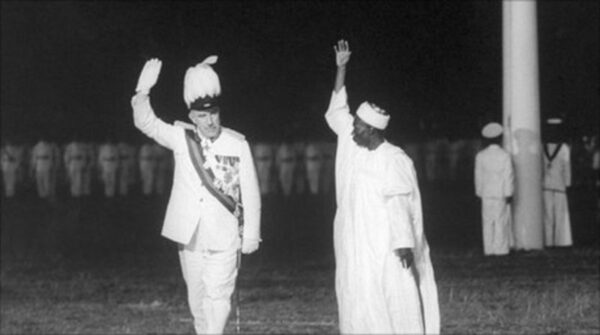
On October 1, 1960, at midnight, the Union Jack was lowered and the Nigerian flag was raised for the first time, marking the end of British rule and the beginning of a new era for Nigeria.
Omatsola, a radio commentator from the Race Course in Lagos, announced to Nigeria and the world that “Nigeria is a free, sovereign nation,” graphically unfolding the ceremony of Green, White, Green perpendicular section.
The flag-raising ceremony was held in Lagos, the then-capital of Nigeria. It was a grand affair, attended by thousands of people, including dignitaries from all over the world.
Tafawa Balewa’s inspiring speech
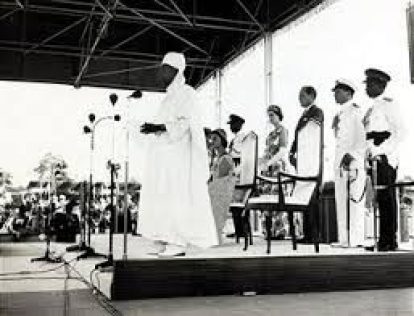
After the flag-raising ceremony, Prime Minister Abubakar Tafawa Balewa delivered a speech to the nation.
In his speech, Balewa pledged to build a united, prosperous, and democratic Nigeria.
He also called on all Nigerians to work together to build a better future for the country.
Balewa’s speech was met with thunderous applause from the crowd, who were eager to embrace their new-found independence.
The military parade
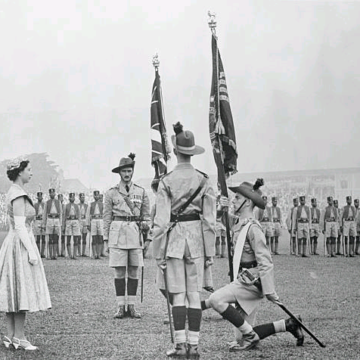
A military parade was held on Independence Day to showcase the strength and discipline of the Nigerian armed forces. The parade was also a symbol of Nigeria’s new sovereignty.
Thousands of soldiers marched through the streets of Lagos, accompanied by military bands and aircraft. The parade was a spectacle to behold, and it inspired a sense of national pride in the hearts of Nigerians.
Cultural performances
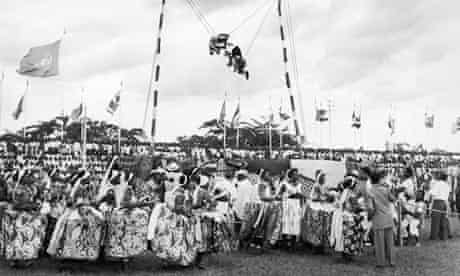
Cultural performances were held throughout Nigeria on Independence Day to celebrate the country’s rich and diverse culture. Traditional dancers, musicians, and singers performed in villages, towns, and cities across the country.
These performances were a way for Nigerians to express their joy and pride in their culture and heritage. They also served as a reminder of the country’s long and storied history.
People’s celebrations
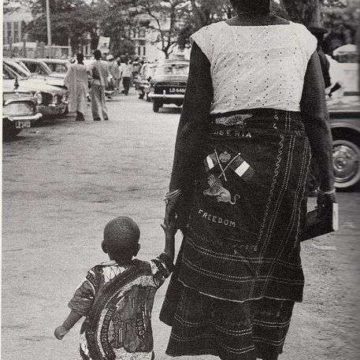
Ordinary Nigerians celebrated Independence Day in their own unique ways. Some people attended church services or mosques to give thanks for their newfound freedom. Others gathered in their communities to sing, dance, and feast.
Still, others held street parties and parades to celebrate the occasion. The people’s celebrations were a reflection of the joy and hope that Nigerians felt on Independence Day.
 Join Daily Trust WhatsApp Community For Quick Access To News and Happenings Around You.
Join Daily Trust WhatsApp Community For Quick Access To News and Happenings Around You.
